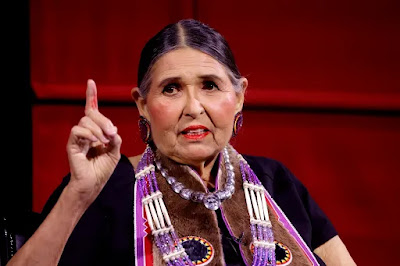by Ann Neuser Lederer
 |
| When William Morgan was executed outside a Havana prison on March 11, 1961, his strange story seemed to vanish from the popular imagination as quickly as it had appeared; it was lost in the classified archives of the Cold War; and it was edited out of Cuban history by Fidel Castro’s retelling of the revolution as an epic tale of a handful of men fighting under his direct command at the exclusion of all others. —PBS American Experience |
Under the low thorn bush it lurked, planning to pounce.
The white and black cat, named Morgan, for the lady
who gave us his mama as a kit, vowing it was male.
But now I know better: all calicos are girls.
The secret buzz was: Mrs. Morgan’s son was killed in Cuba.
His little daughter was sent to her grandma.
This could happen to any of us: a father runs off
to join the revolution, the "Yankee Comandante"*
falls out of favor, faces a firing squad.
Morgan the cat’s needle teeth poked out
from its cavernous, soundless mouth.
It was born mute, we soon figured out. Maybe deaf, too.
One time too many times it wandered near
the neighbor's fence,waving its feathery tail
at the pacing black-gummed Chow Chow
whose orange mane flared and fangs spit drool.
Morgan didn’t hear those loud barks of warning.
I didn't witness the feline neck fur wet with red,
when the big beast shook and bit.
I never heard yowls, but still can hear them.
I never saw the lineup, blindfolds, smoke or slump.
Often enough I saw the little girl, a quiet waif.
By and by, Castro, frail in his papery shell,
lay on his stark white bed.
Every little instance holds a tidbit to pass on.
When driving on a winding road,
always point straight toward the curves.
Ann Neuser Lederer was born in Toledo, Ohio and grew up hearing whispers there about the legendary "American Comandante." She also lived and worked in Pennsylvania, Michigan, and Kentucky as a Registered Nurse. Her poetry and nonfiction appear in journals, anthologies, and in her chapbooks
Approaching Freeze,
The Undifferentiated, and
Weaning the Babies.








